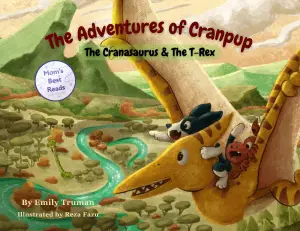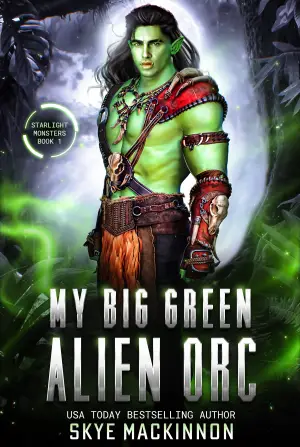In My Time of Dying: How I Came Face to Face with the I… by Sebastian Junger
Sometimes the universe has a funny way of nudging you toward the things you need to read, and "In My Time of Dying" by Sebastian Junger was a book I simply couldn’t ignore. It kept popping up in my literary circles and on my social feeds. After a bit of a mental tug-of-war, I finally said, "Alright, I give in; let’s see what you have to offer." What I discovered was a profound blend of memoir and philosophical musing that both shook me and offered me solace.
At the heart of “In My Time of Dying” is Junger’s harrowing experience with death—a ruptured aneurysm that almost claimed his life. His recounting of that near-death experience is powerful and haunting, vividly depicted in a moment where he was pulled into darkness, only to find the reassuring presence of his deceased father. This moment encapsulates the raw emotion of the book, where the fear of the unknown challenges the warmth of familial love. Junger writes, “It’s okay, there’s nothing to be scared of,” offering not only his past self but also us, the readers, a lifeline of comfort amid the chaos of our own existential fears.
Junger weaves his medical journey into a greater tapestry, exploring near-death experiences and the science behind them, all while peppering in adventurous stories from his life—surfing catastrophes, frigid near-frostbite encounters, and the whispers of danger in war zones. His life is nothing short of extraordinary, and I found myself both fascinated and, at times, a tad overwhelmed by the detailed dives into medical procedures and complex physics. This wasn’t the book I thought I’d be skimming through; some segments just required a good old-fashioned leap of faith over the jargon.
What truly resonated with me, though, was the book’s poignant reminder of mortality—the concept of memento mori. As Junger eloquently articulates, “The price of getting to love somebody is having to lose them… The price of getting to live is having to die.” This reflection enriched my reading experience, prompting me to ponder the importance of embracing each moment, of cherishing the people and experiences we often take for granted. Those words lingered long after I closed the book; they felt like a gentle push to appreciate the now.
Junger’s writing style struck me as captivating—his prose flowed effortlessly, painting vibrant scenes while keeping an intimate connection with the reader. I particularly enjoyed his insightful quotes, such as, “Finding yourself alive after almost dying is not… the kind of party one might expect.” It’s a stark reminder that life post-crisis isn’t just an extension of existence; it’s a profound awakening.
As I reflect on my journey through “In My Time of Dying,” I can genuinely say it was more than just a memoir; it acted as a mirror, reflecting my own uncertainties and fears while urging me to embrace life fully.
For anyone captivated by themes of resilience, mortality, and human connection, this book is an absolute must-read. Junger’s unique ability to thread together personal anecdotes with philosophical exploration offers something valuable to all of us navigating this often chaotic human experience. I found not just a story, but a companion on my own journey, and I’ll be eagerly seeking out more of Junger’s works, particularly “The Perfect Storm.” If you’re pondering your own mortality (as we all inevitably do), this book may serve as a beautiful guide through the dark, offering light, understanding, and perhaps even a little peace.
Discover more about In My Time of Dying: How I Came Face to Face with the I… on GoodReads >>














